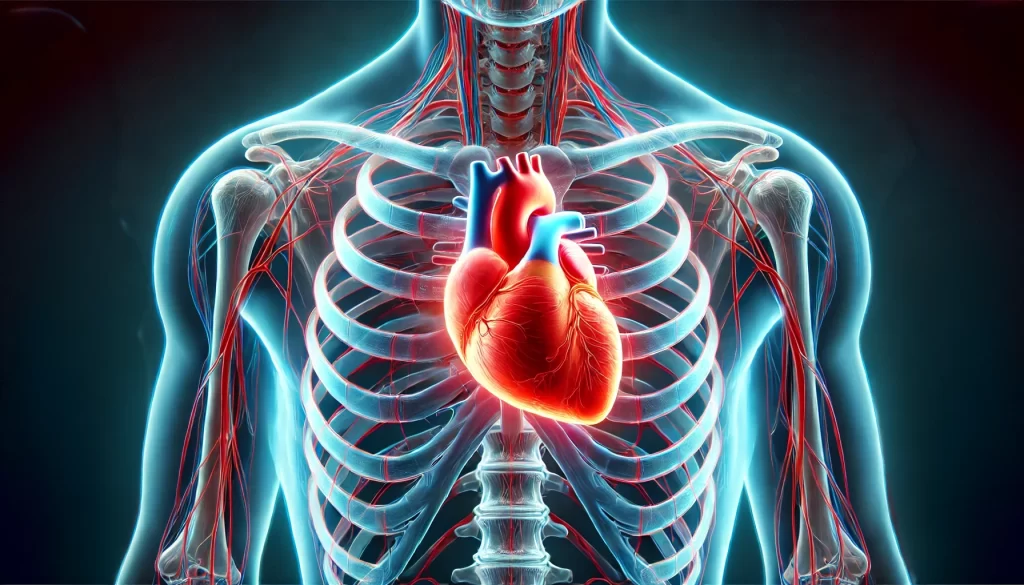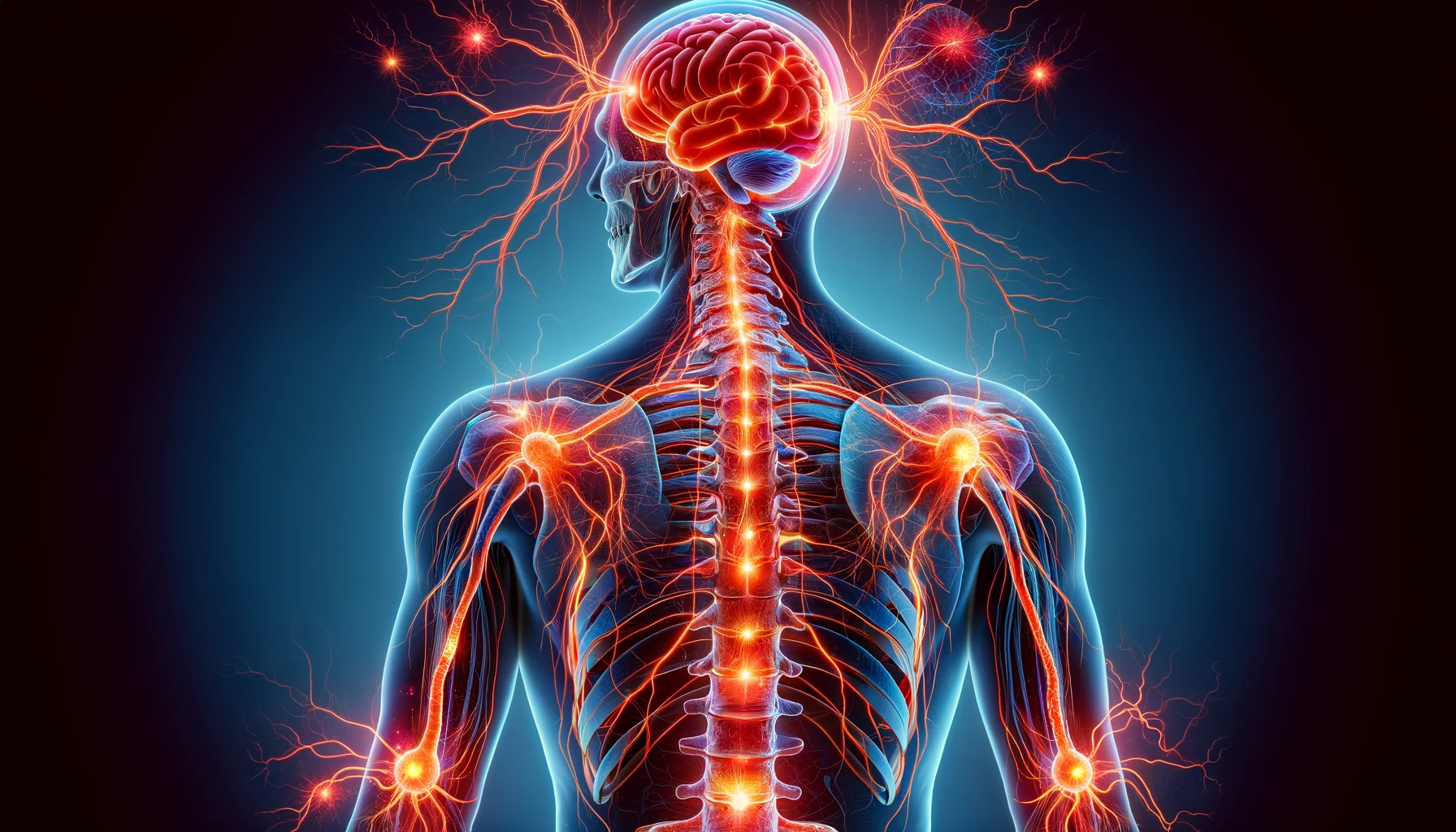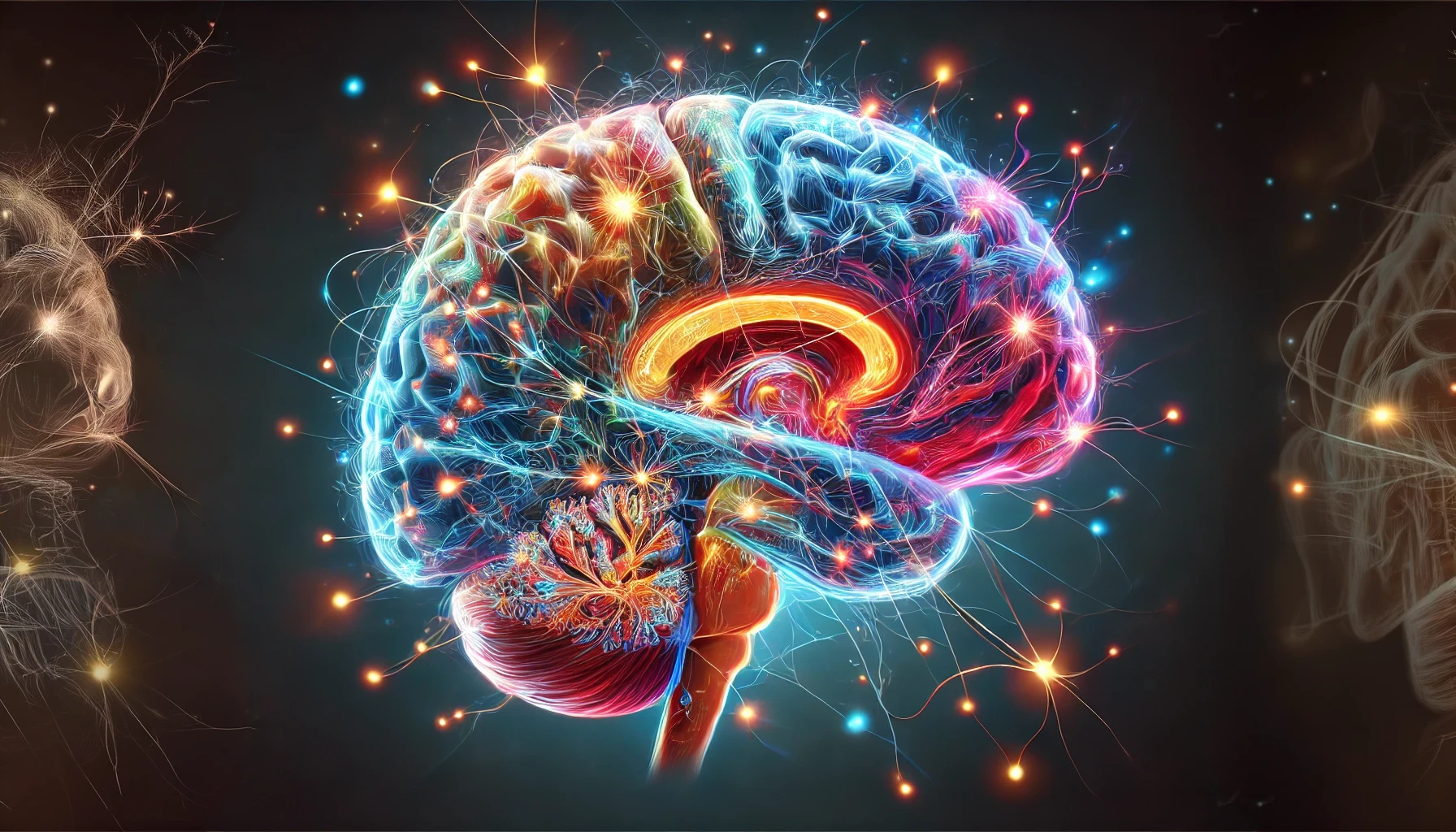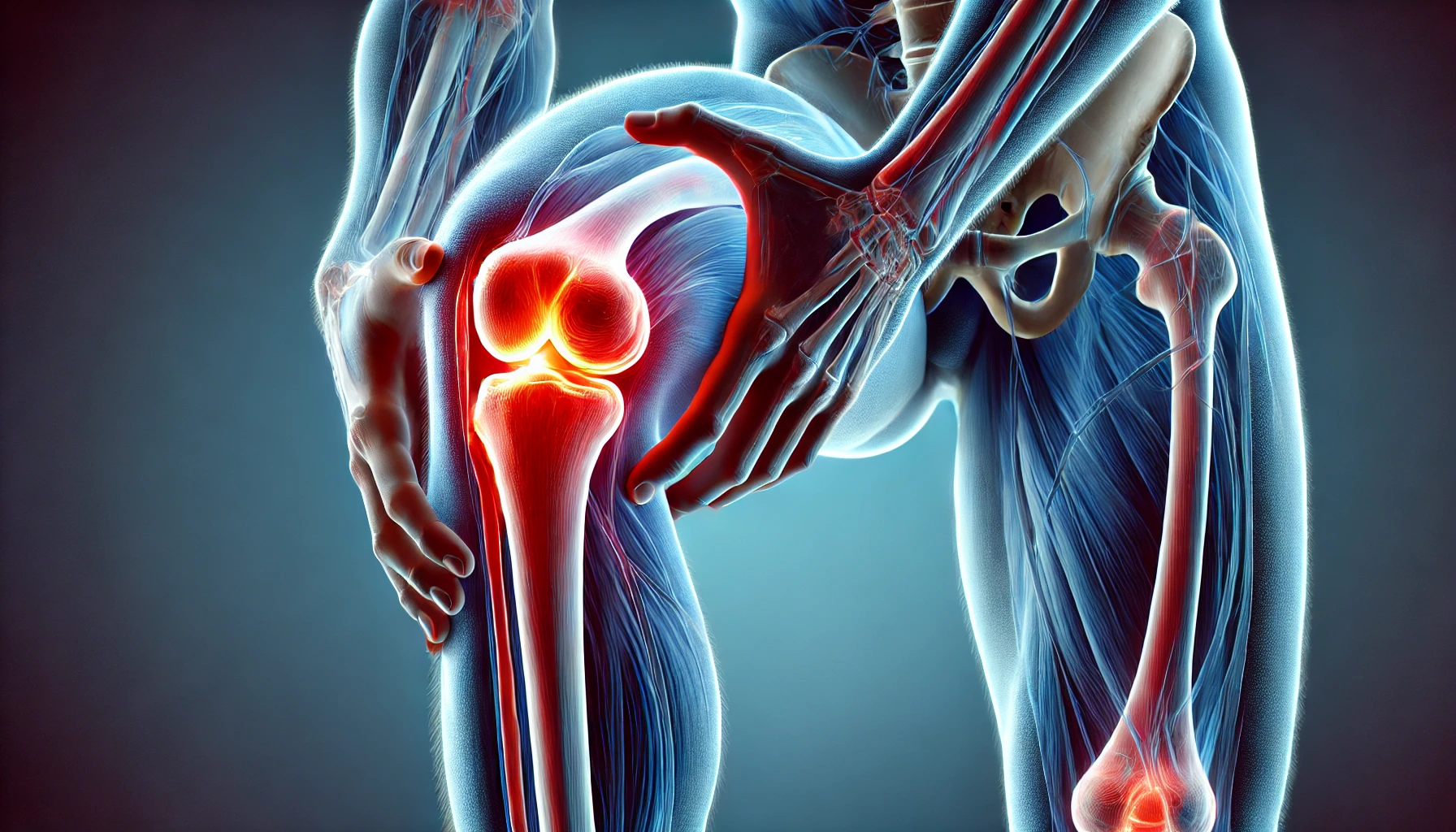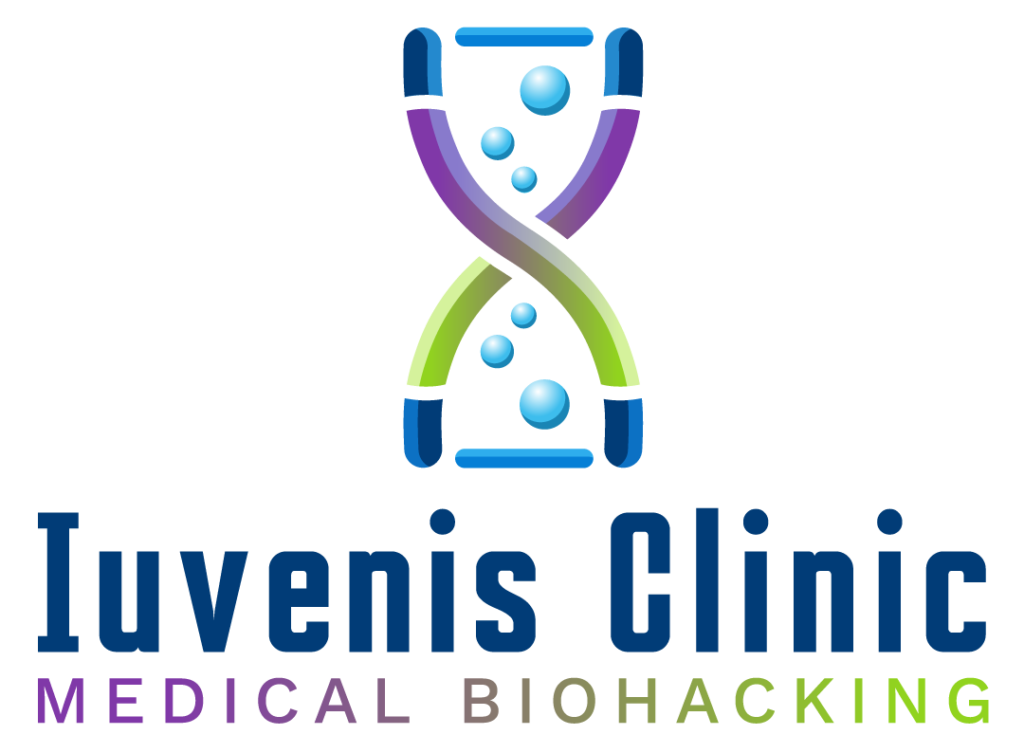What is heart failure?
Heart failure is a debilitating and potentially life-threatening medical condition that affects the heart’s ability to pump enough blood to meet the body’s needs. As a result, some organs may not be adequately oxygenated, leading to damage at cellular, tissue and even organ level. Heart failure is a progressive, chronic condition, which means that as time advances, the heart becomes progressively weaker and the condition more serious. There are many causes of this disease, but the most common include: a previous heart attack, high blood pressure, coronary artery disease, arrhythmias and congenital heart defects.
There are three types of heart failure:
- Right-sided heart failure affects the right ventricle and causes difficulty pumping blood to the lungs.
- Left-sided heart failure affects proper ventricle contraction, which reduces the heart’s ability to pump blood out into the body.
- Congestive heart failure leads to fluid buildup in the lungs or other parts of the body.
Symptoms of heart failure
Heart failure can be tricky to spot because at its earlier stages, it shows little, if any symptoms.
The most common symptoms include shortness of breath, fatigue and weakness, fluid accumulation in the legs, palpitations, or persistent cough and chest pain. As the disease progresses, the symptoms become more persistent, becoming a daily hardship for patients. At the most advanced stages, the symptoms, paired with structural damage to the heart, will require specialized medical intervention.
How is heart failure traditionally treated?
There are many ways heart failure is treated but, as a chronic condition, only its symptoms can be addressed. This will be done via daily medication to control the heart rate, blood pressure and to reduce fluid accumulation. Doctors will also recommend lifestyle adjustments like exercise, diet, and the cessation of smoking. In some cases, surgery may be necessary. Nonetheless, these surgeries cannot altogether repair damaged cardiac tissue, but merely address complications that the heart is presenting due to the disease.
How can stem cell therapy help treat heart failure?
Stem cell therapy used in the context of cardiac regeneration has shown promising results and many benefits. Stem cells have the ability to trigger the body’s natural self-healing processes and originate various types of cells, including heart cells, which then arrange into new tissues. In addition, they stimulate the growth of new blood vessels and heal the damaged tissues within the heart, improving overall cardiac function, blood flow and reducing any inflammation in the heart tissue. In other words, stem cell therapy is a non-invasive, non-surgical treatment for heart failure that actually addresses the real cause of the disease.
Our stem cells are very well accepted by our patients. This is because we use mesenchymal stem cells derived from Wharton’s jelly, found in umbilical cord of healthy donors. We screen and test the cells to ensure their potency and their safety. Because of the nature of the cells, they pose an ethical, yet effective option. At our facilities, we also pair the stem cell treatment with other therapies that amplify the body’s natural ability to heal through adjoining treatments like the hyperbaric chamber, photobiomodulation therapy and others. Because no two persons are alike, our treatments are highly patient-based. We will examine your current health condition, determine your goals and mark precise steps towards this end. Your treatment plan will be unique, and we will walk with you in your journey to recovery.

